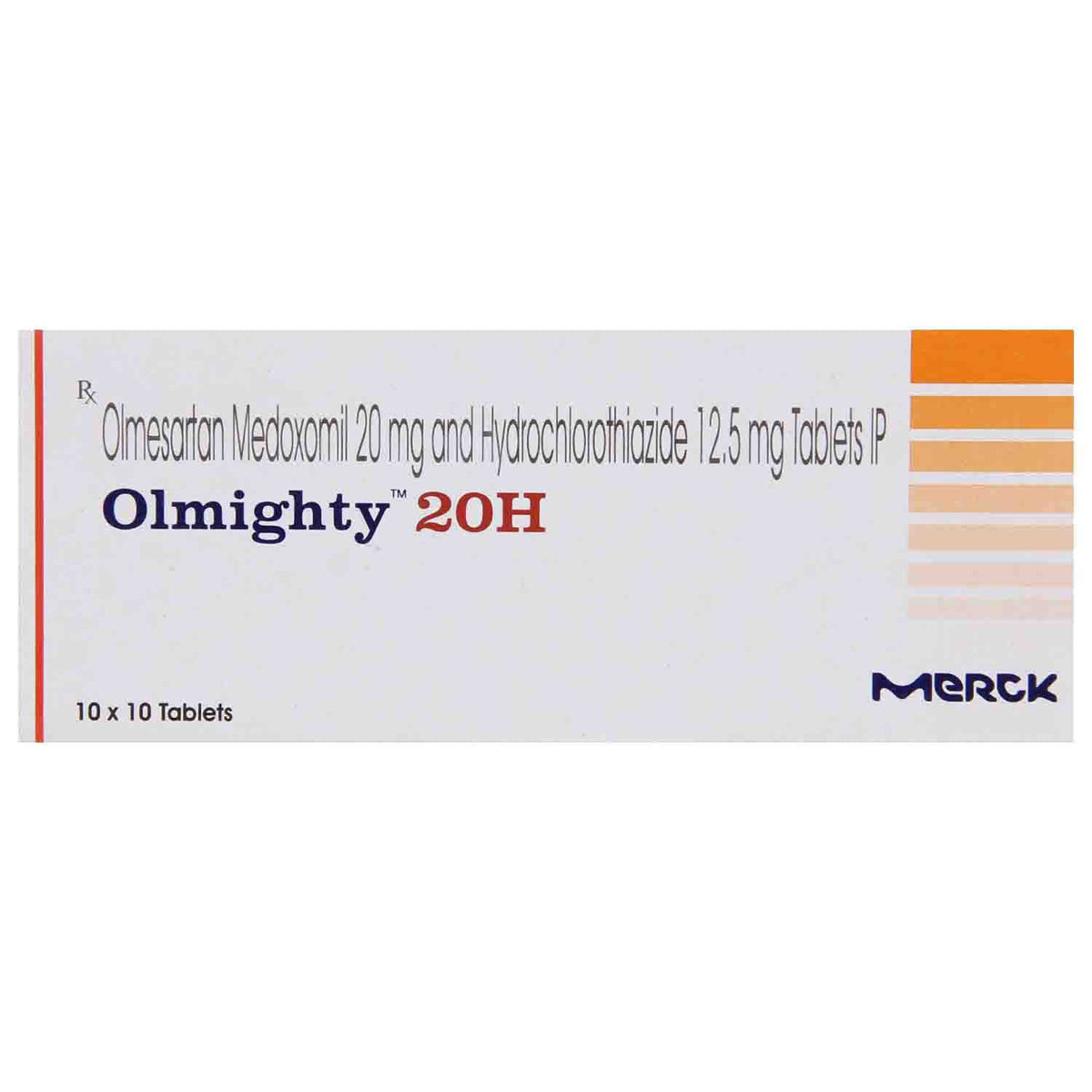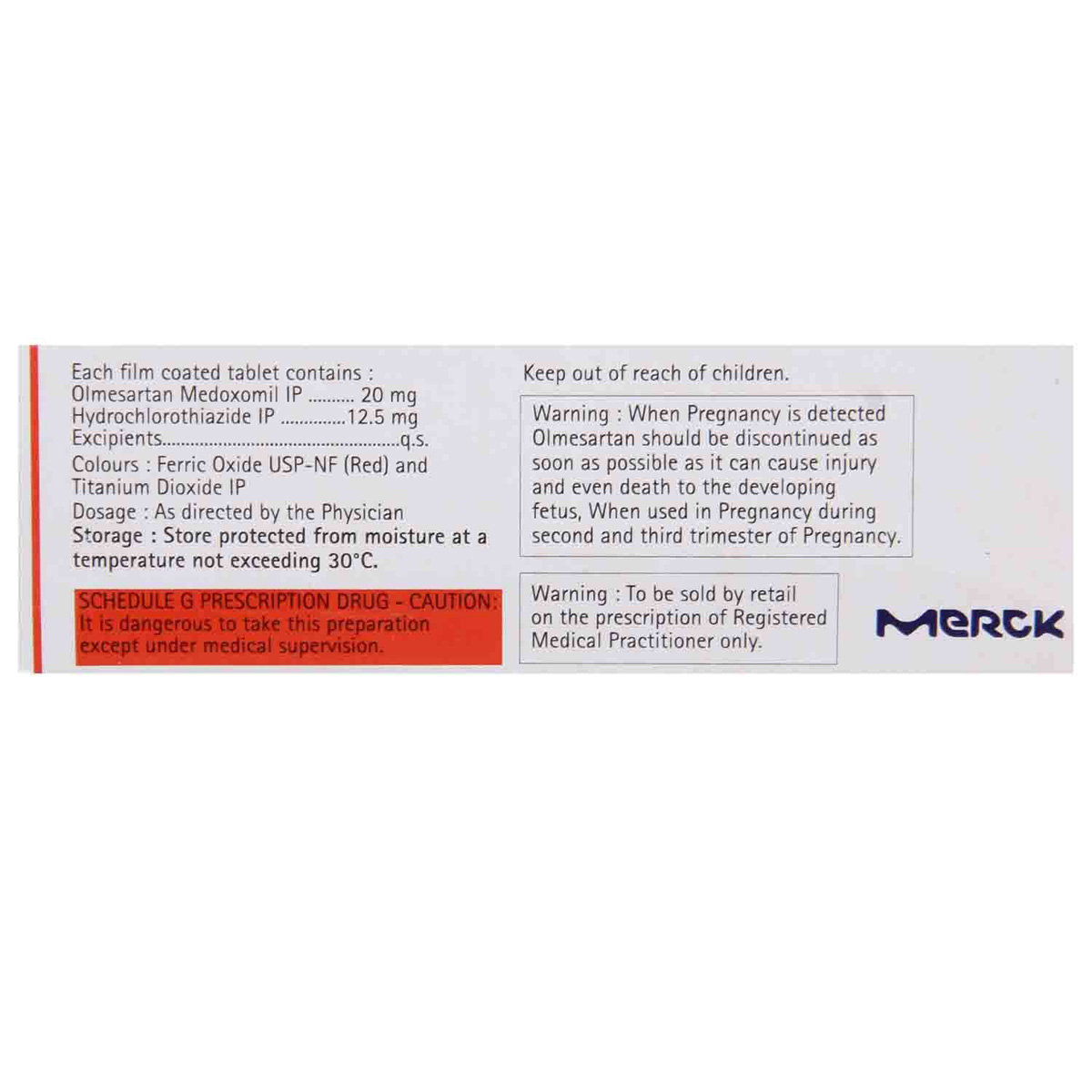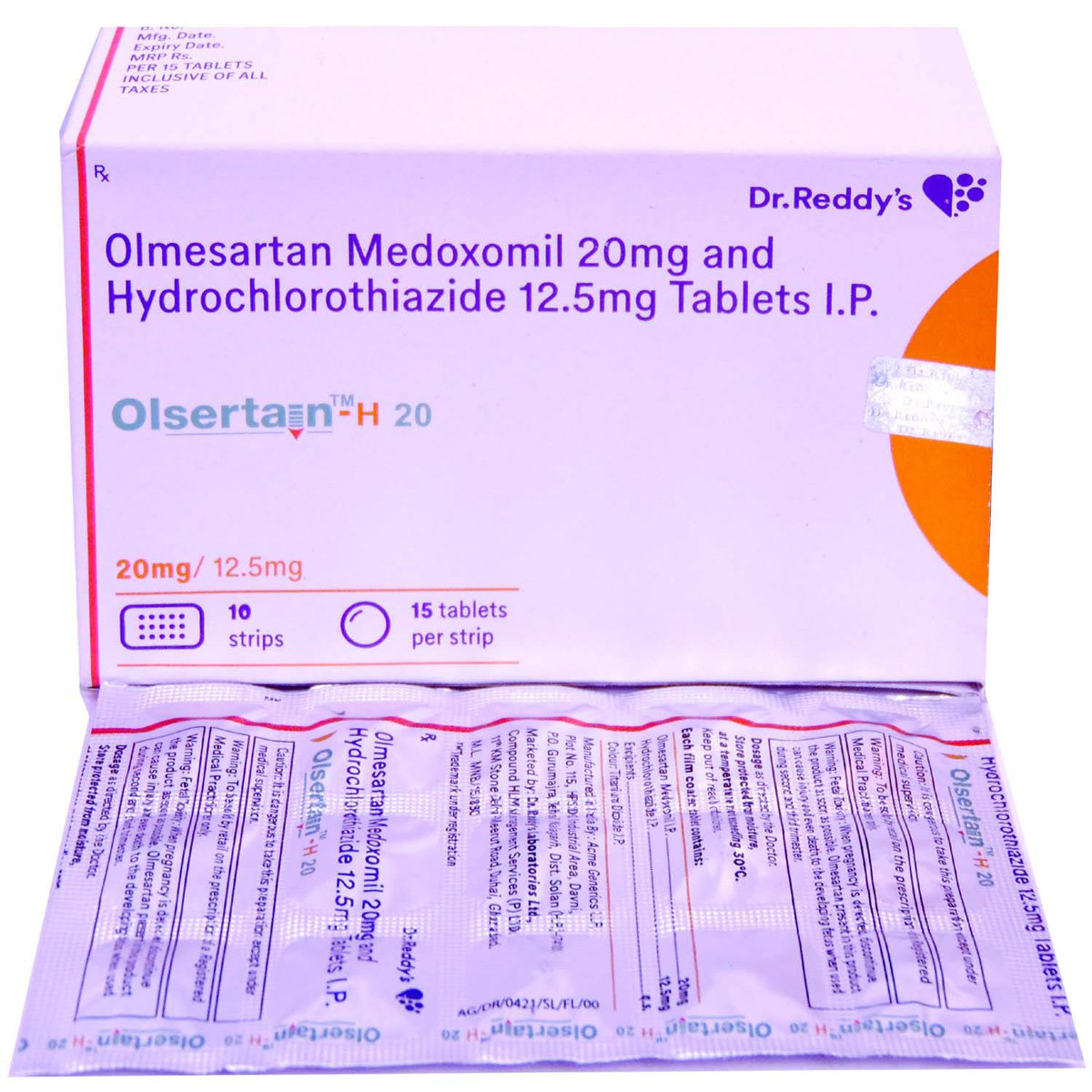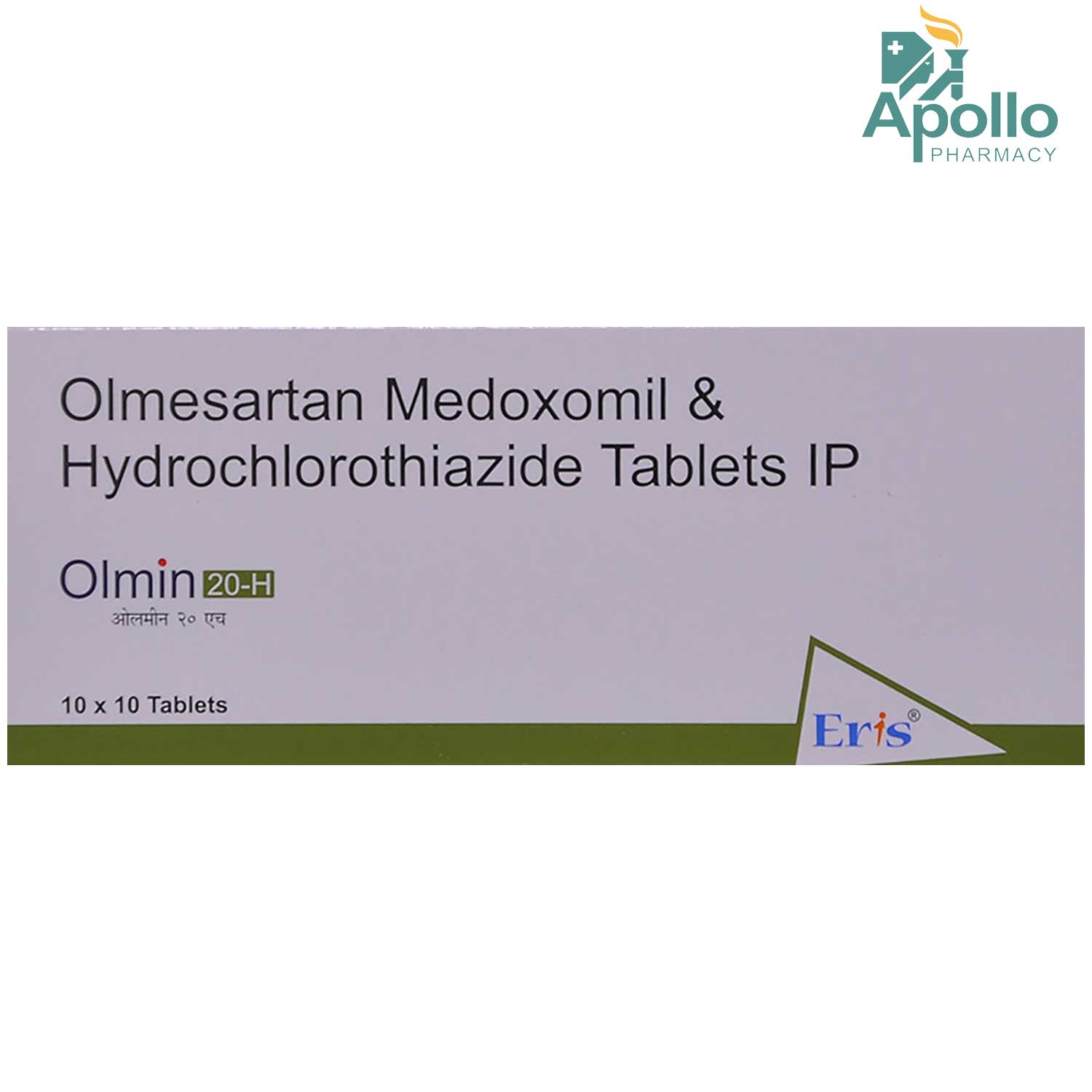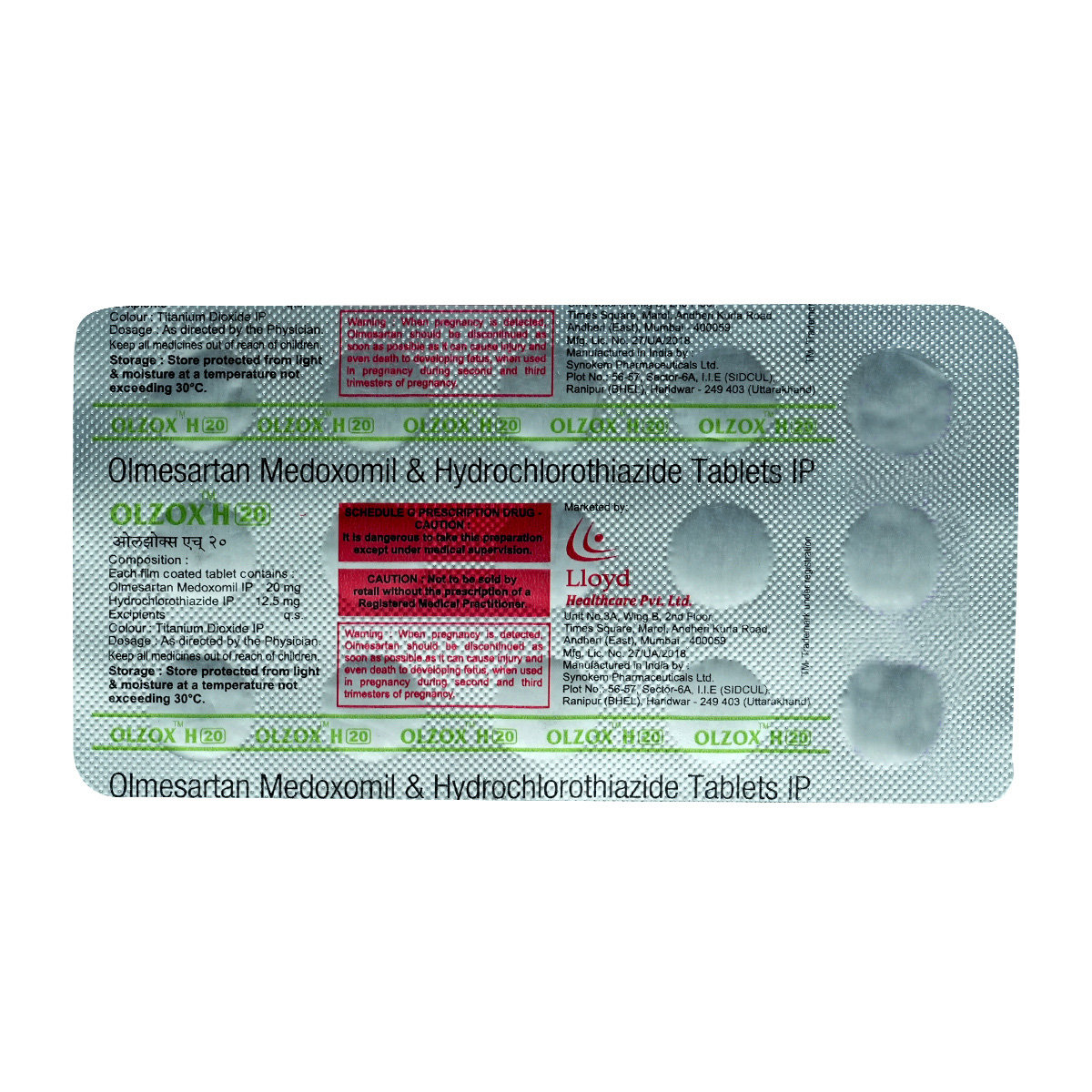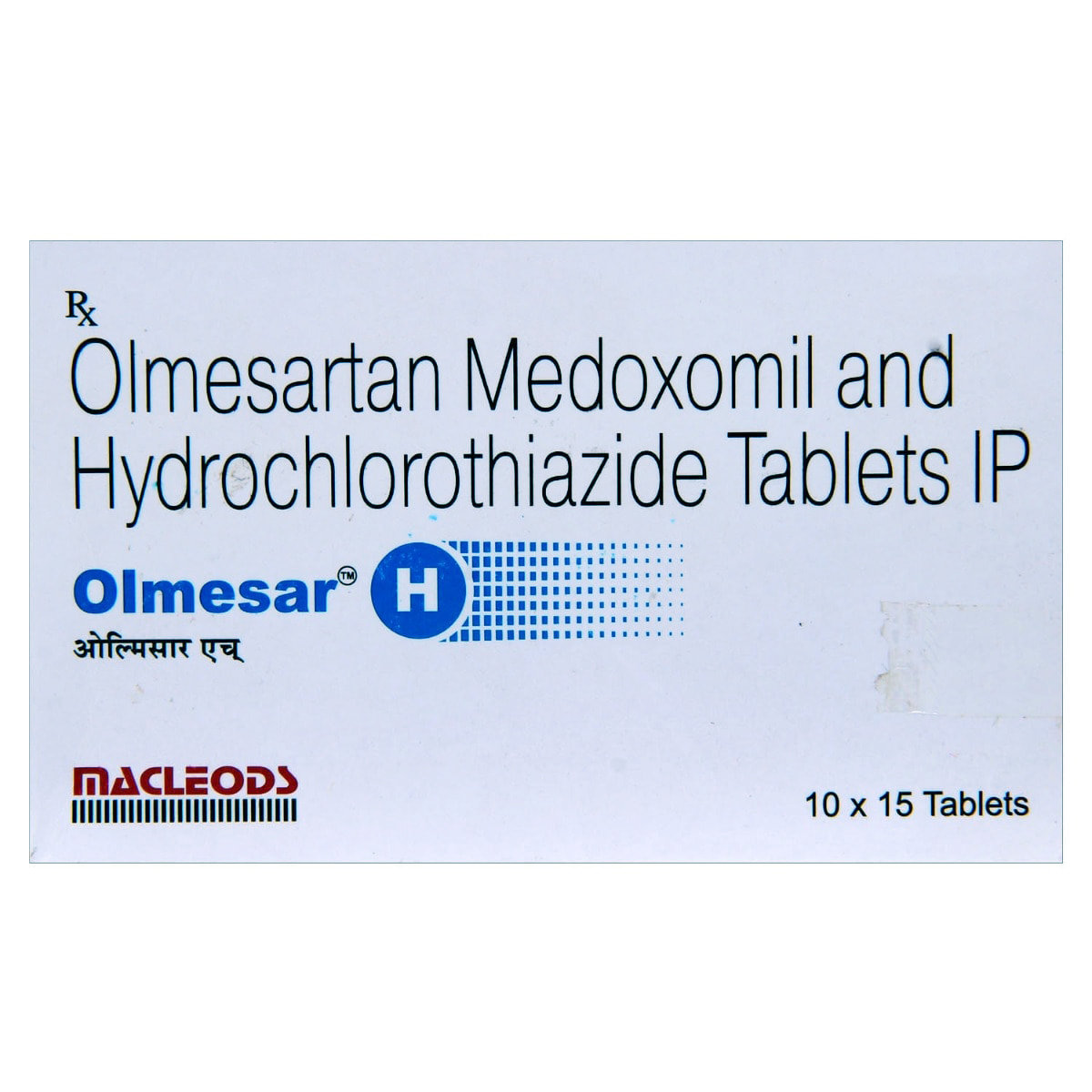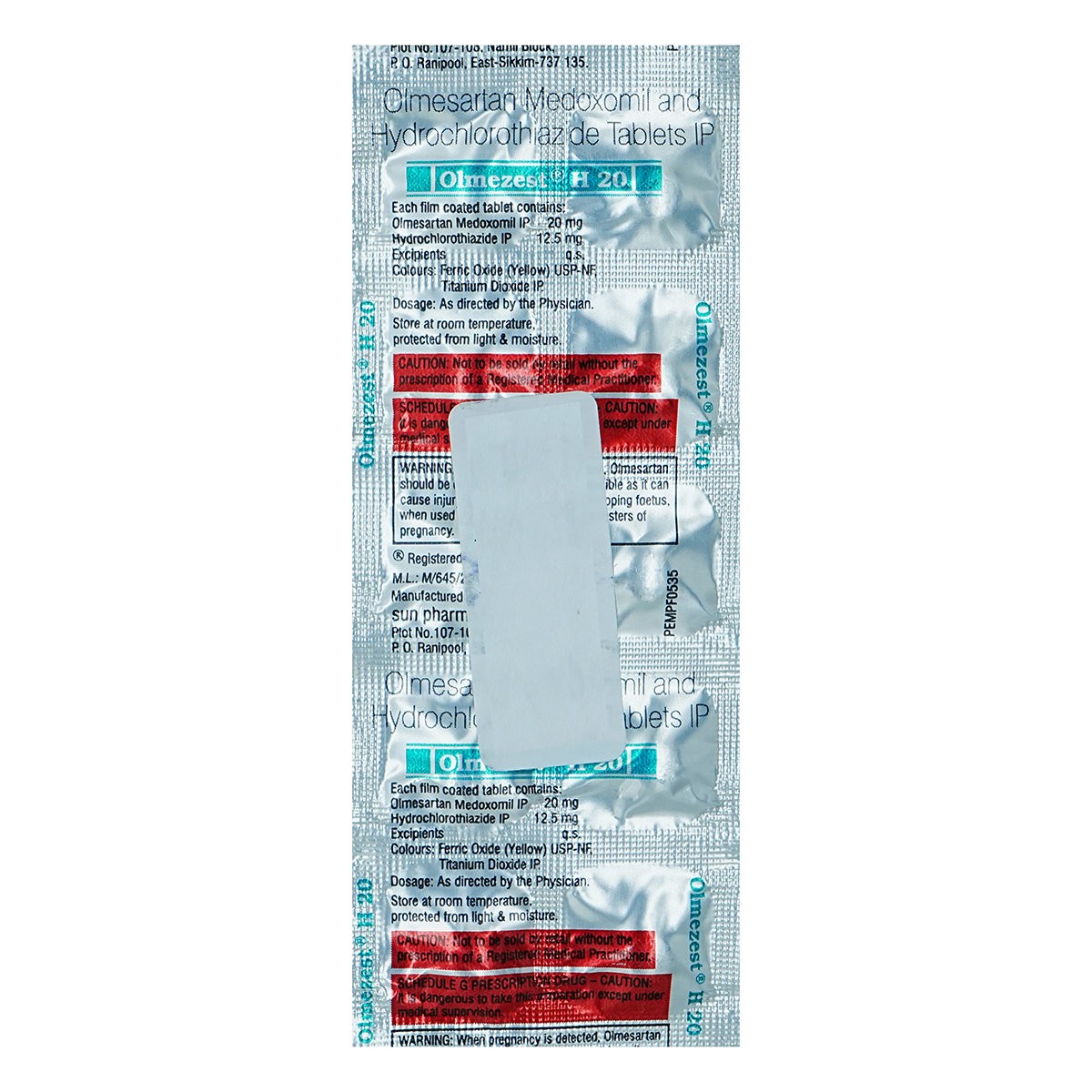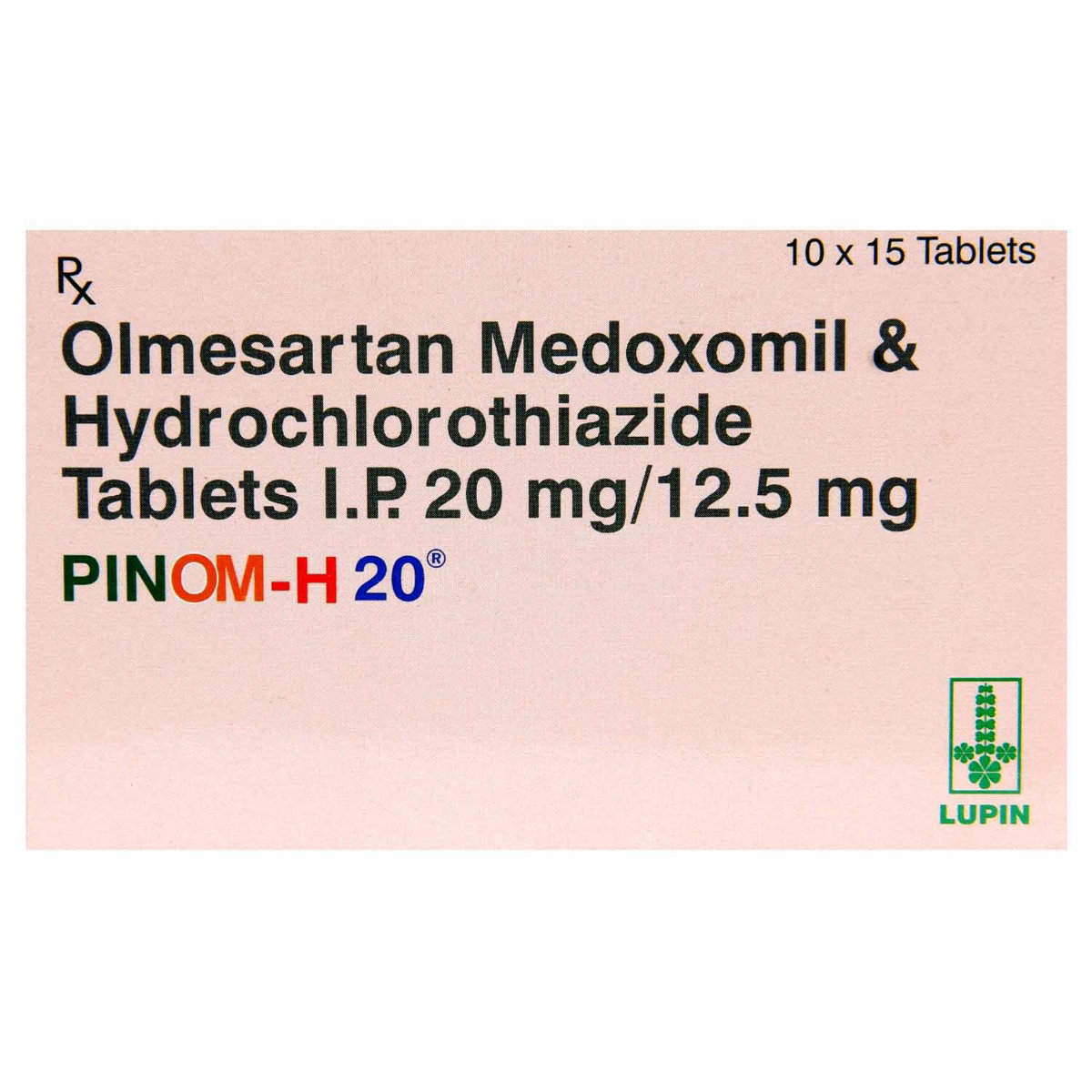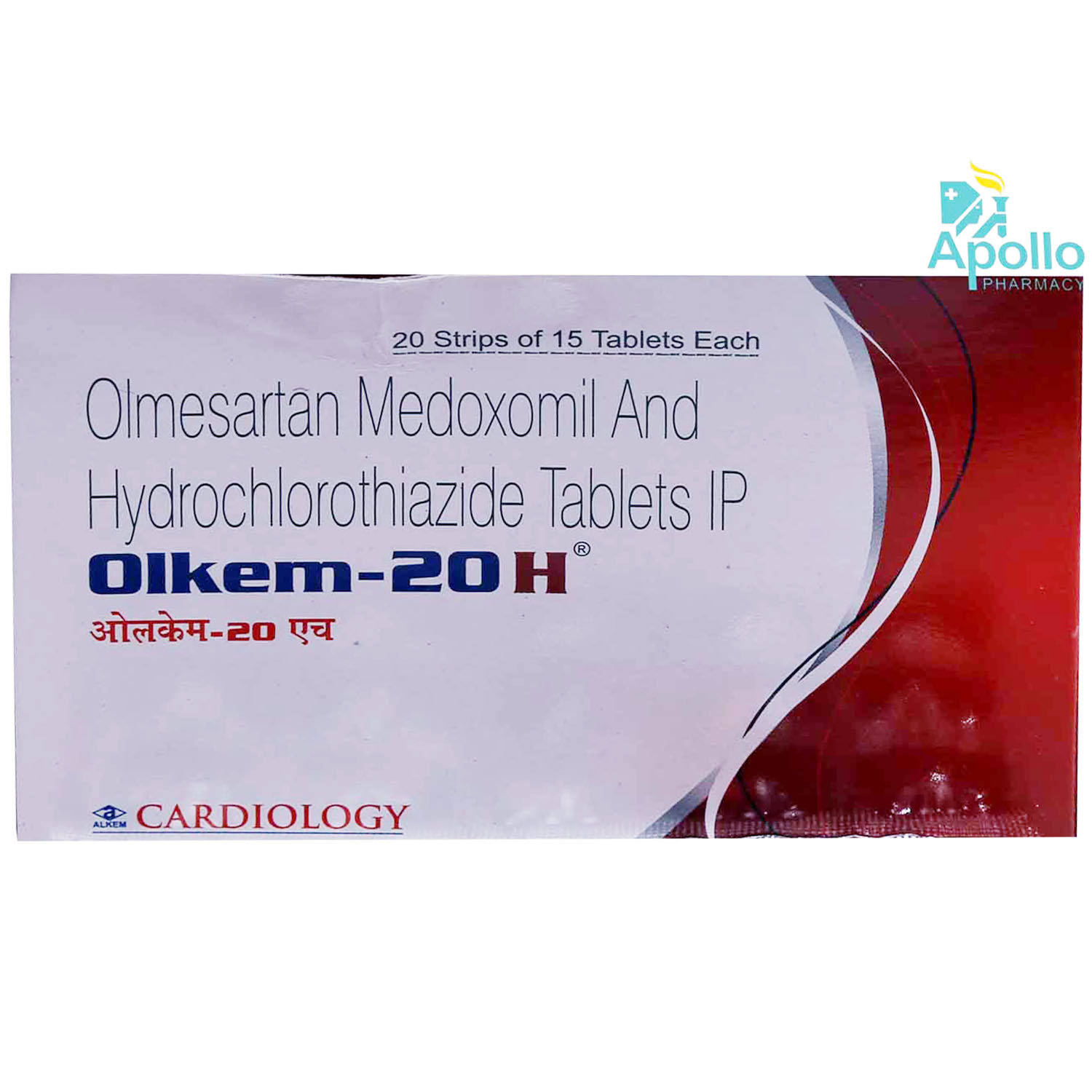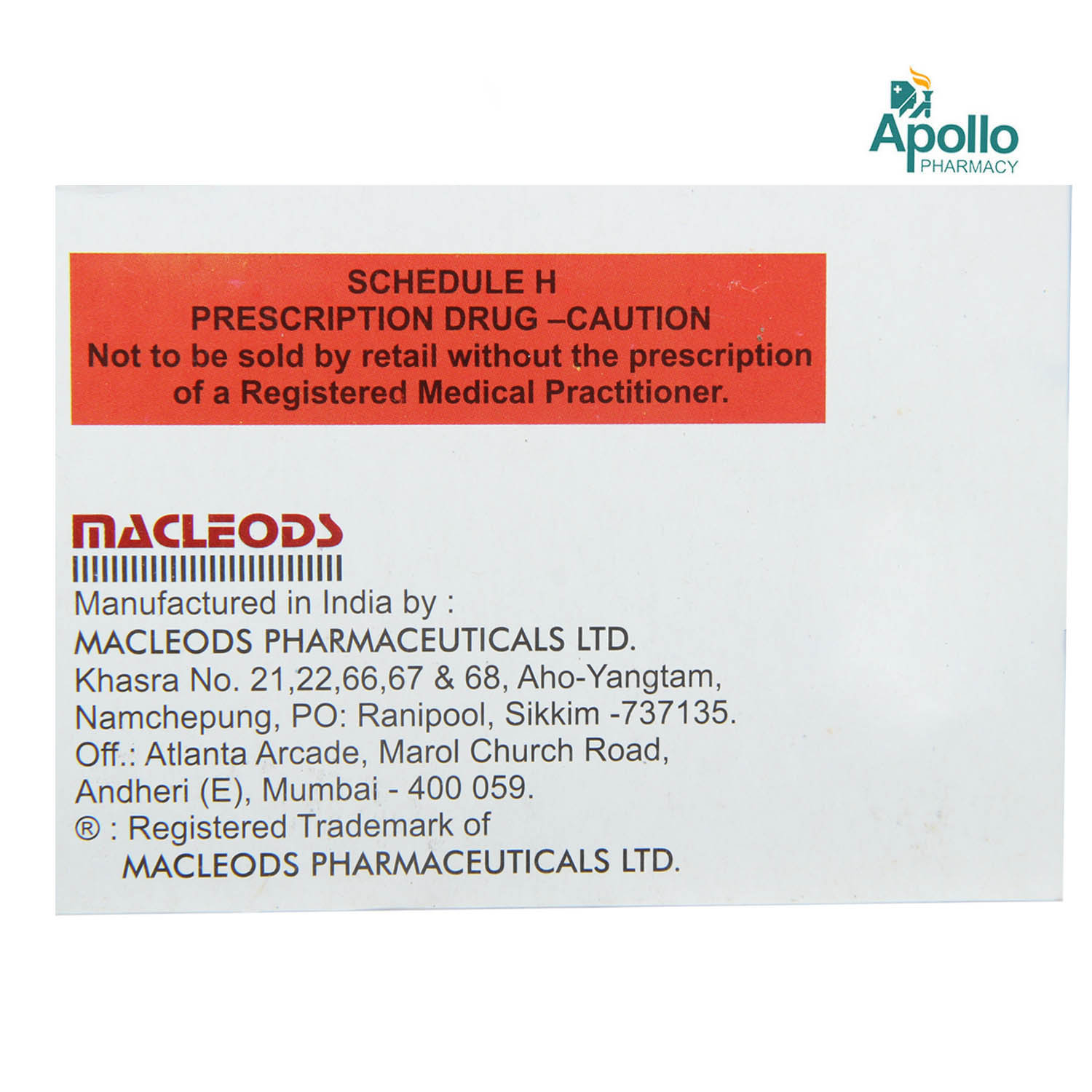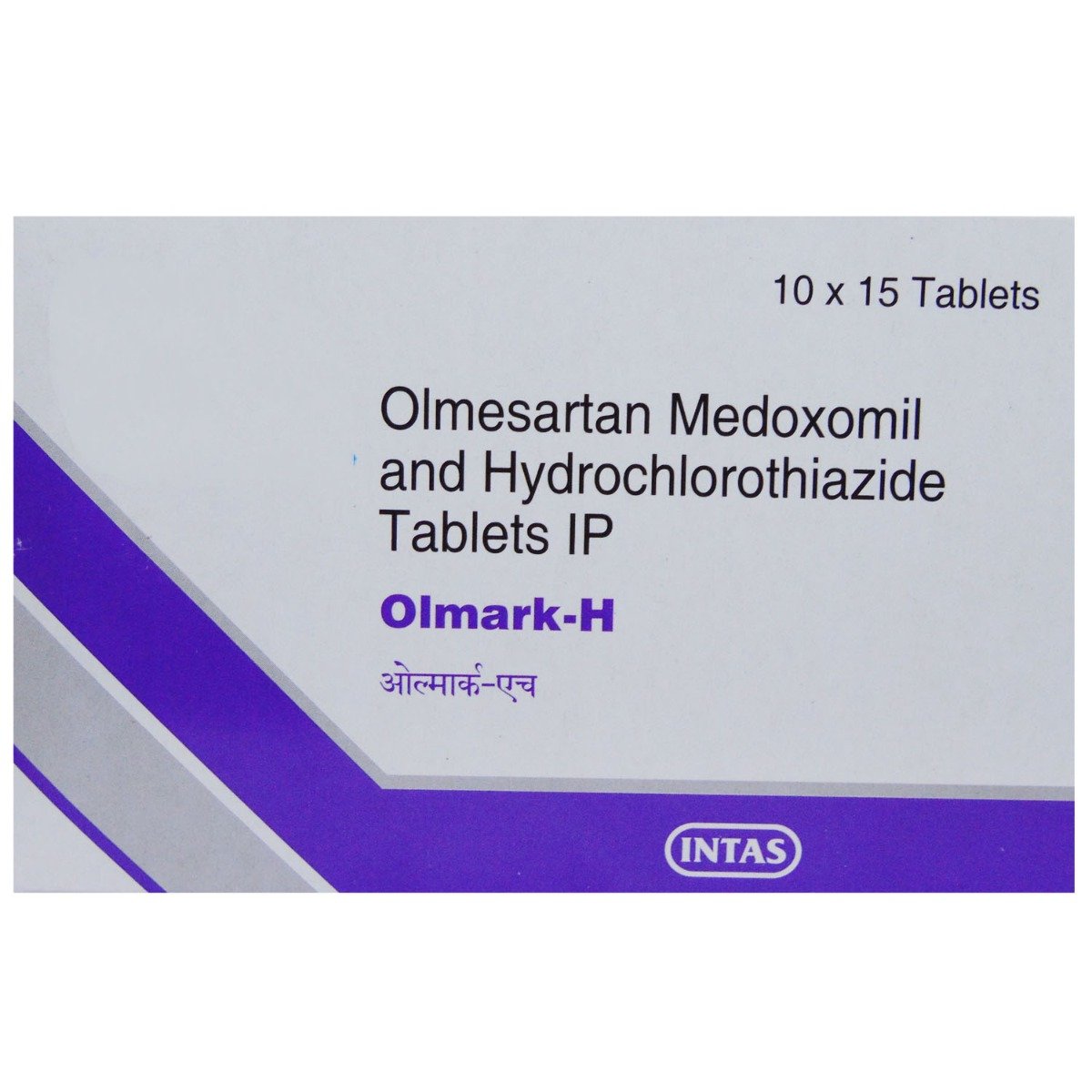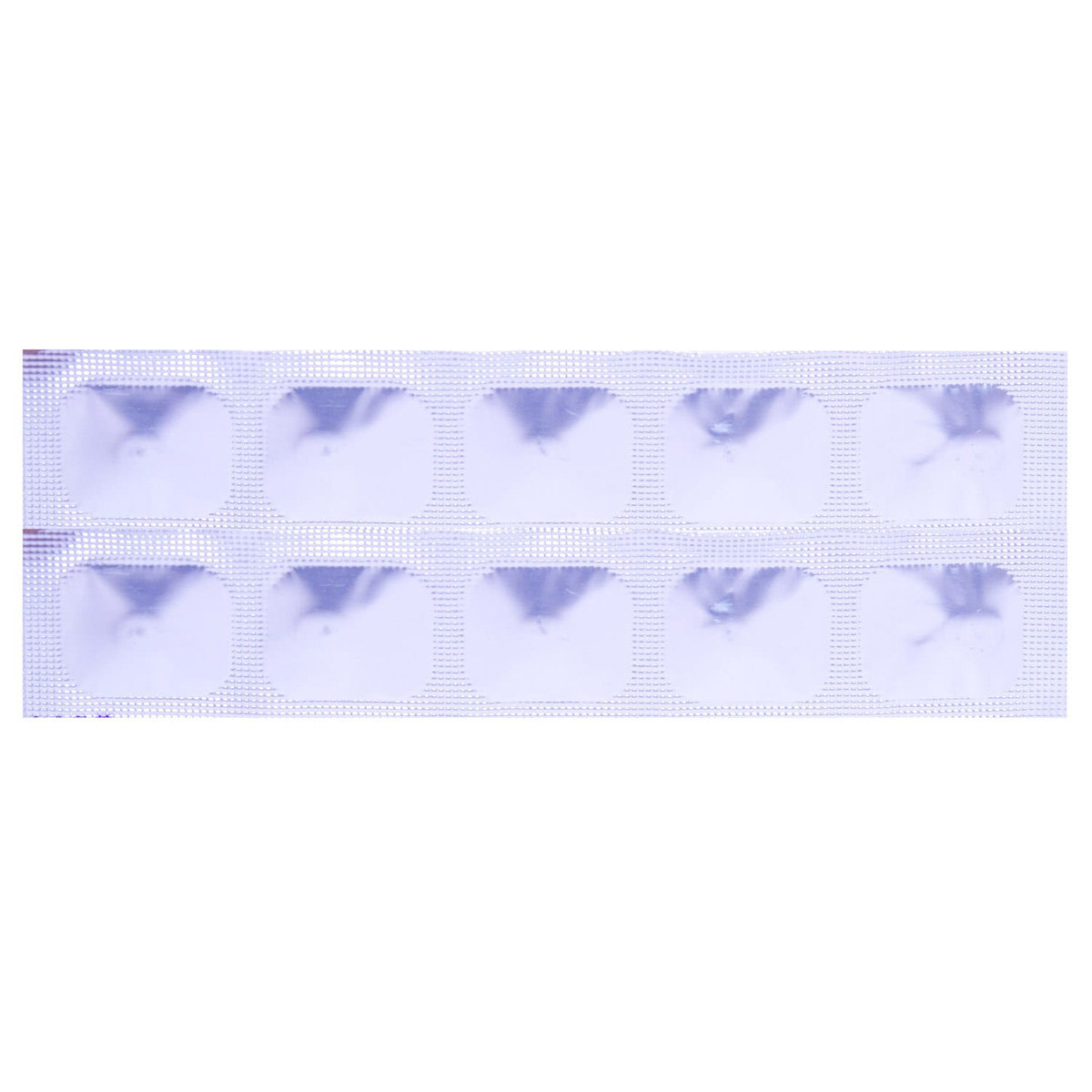Olmighty 20 H Tablet 10's
MRP ₹74.5
(Inclusive of all Taxes)
₹11.2 Cashback (15%)
Provide Delivery Location
Online payment accepted
 Prescription drug
Prescription drugWhats That
 14 people bought
14 people bought Composition :
Manufacturer/Marketer :
Consume Type :
Expires on or after :
Return Policy :
About Olmighty 20 H Tablet
Olmighty 20 H Tablet belongs to a group of medications called 'anti-hypertensives' primarily used for lowering high blood pressure (hypertension) by removing extra fluid (electrolytes) from the body. High blood pressure is a chronic condition in which the blood's force against the artery wall is high. As a result, it increases the risk of heart-related diseases like heart attack, heart failure, stroke, irregular heartbeat, and other complications.
Olmighty 20 H Tablet is a combination of two medicines: Olmesartan medoximil and Hydrochlorothiazide. Olmesartan medoximil is a prodrug and breaks down into active form, i.e., olmesartan once absorbed in the GIT (Gastrointestinal tract). It is an angiotensin receptor blocker (ARB) that blocks the hormone angiotensin, thereby relaxing and widening the narrowed blood vessels. This allows the blood to flow more smoothly in the blood vessels, and the heart can pump more efficiently. On the other hand, Hydrochlorothiazide is a diuretic or water pill that works by removing extra water/fluid and certain electrolyte overload from the body. Together, Olmighty 20 H Tablet lowers the fluid overload, raises blood pressure, improves blood flow, and reduces the future risk of a heart attack and stroke.
You can take Olmighty 20 H Tablet with food or without food with a glass of water. Do not chew, bite, or break it. Your doctor will advise you on how often you take your tablets based on your medical condition. In some cases, you may experience nausea, upset stomach, dehydration, headache, diarrhoea, electrolyte imbalance, dizziness, and decreased blood pressure. Most of these side effects of Olmighty 20 H Tablet do not require medical attention and gradually resolve over time. However, if the side effects are persistent, reach out to your doctor.
Do not use potassium supplements or salt substitutes unless your doctor tells you. In rare cases, Olmighty 20 H Tablet can cause a condition that results in a skeletal muscle problem, leading to further kidney failure. If you notice unexplained muscle pain, dark colour urine, tenderness, or weakness, especially if you also have a fever or unexplained tiredness, immediately contact the doctor.
Try not to stop taking this medicine of your own. Let your doctor know about this, as it may cause a rise in blood pressure and increase heart disease and stroke risk. Inform your doctor if you are suffering from kidney, liver, or heart disease or are diabetic. If you are pregnant or breastfeeding, do not take Olmighty 20 H Tablet as it is a category D pregnancy drug and may harm the baby. Do not use Olmighty 20 H Tablet if you cannot urinate, are dehydrated, have low blood pressure (hypotension), and have or have had cardiogenic shock (sudden stopping of blood flow to the heart). Please tell your doctor if you are taking any other medicines or are allergic to this medicine. Reducing table salt (sodium chloride) in your food often helps lower blood pressure.
Uses of Olmighty 20 H Tablet
Directions for Use
Key Benefits
Olmighty 20 H Tablet is primarily used to treat high blood pressure. Olmighty 20 H Tablet is a combination of two medicines: Olmesartan and Hydrochlorothiazide. Olmesartan medoximil is a prodrug and breaks down into active form, i.e., olmesartan once absorbed in the GIT (Gastrointestinal tract). It is an angiotensin receptor blocker (ARB) that blocks the hormone angiotensin and relaxes blood vessels. This allows the blood to flow more smoothly in the blood vessels, and the heart can pump more efficiently. Hydrochlorothiazide (diuretic or water pill); removes extra water and certain electrolytes from the body. Together, both lower fluid overload, and blood pressure, improve blood flow and reduce the future risk of a heart attack.
Storage
Drug Warnings
Do not use Olmighty 20 H Tablet if you are pregnant, planning for pregnancy, or unable to urinate (anuria). If you have diabetes and taking Olmighty 20 H Tablet with other blood pressure-lowering pills like 'aliskiren', immediately stop taking both together and consult a doctor. Besides this, it is contraindicated in low blood pressure (hypotension), cardiogenic shock (sudden stopping of blood flow to the heart), and aortic stenosis (heart valve problem). Olmighty 20 H Tablet may pass into breast milk, so before starting Olmighty 20 H Tablet , either you need to stop nursing, or you should not take Olmighty 20 H Tablet while breastfeeding. Please inform your doctor before surgery if you are taking Olmighty 20 H Tablet as it needs to be stopped because it might lower the blood pressure further if taken along with local anaesthesia. Avoid potassium salt or its substitute intake while using Olmighty 20 H Tablet to avoid any electrolyte imbalance.
Diet & Lifestyle Advise
- Consume antioxidant-rich food. Blueberries, cherries, tomatoes, squash, and bell peppers are high in antioxidants.
- Eat natural diuretic foods. Asparagus, beets, green beans, grapes, onion, leafy greens, pineapple, leeks, pumpkin, and garlic are all-natural diuretic foods.
- Use healthy cooking oils like soybean, olive, canola, and coconut oil.
- You should avoid refined foods such as white bread, spaghetti, sugar, and red meat.
- Reduce or eliminate Trans fatty acids, which are found in commercially baked items such as cookies, cakes, crackers, French fries, onion rings, doughnuts, and processed foods.
- Avoid consumption of too much salt or salty food.
- Keep your weight under control with a BMI of 19.5-24.9.
- Regular physical activity or exercise like walking improves your blood flow.
- Avoid chronic stress, as it can raise your blood pressure.
- Spend time with your loved ones to cope with stress and practice mindfulness techniques.
- Quitting smoking and alcohol consumption is the best strategy to lower the risk of many health complications.
Side Effects of Olmighty 20 H Tablet
- Stuffy nose/sore throat
- Nausea
- Upset stomach
- Headache
- High level of uric acid
- Diarrhoea
- Electrolyte imbalance
- Dehydration
- Dizziness
- Decreased blood pressure
Habit Forming
Therapeutic Class
All Substitutes & Brand Comparisons
RX
Olsart 20H Tablet 10's
Medichem Pharmaceuticals India Pvt Ltd
₹103
(₹9.27 per unit)
38% COSTLIERRX
Olsertain-H 20 Tablet 15's
Dr Reddy's Laboratories Ltd
₹182
(₹10.93 per unit)
62% COSTLIERRX
Olmin 20-H Tablet 10's
Eris Life Sciences Ltd
₹130
(₹11.7 per unit)
74% COSTLIER
FAQs
Drug-Drug Interactions Checker List
- LITHIUM
- DIGOXIN
- ASPIRIN
- METFORMIN
- INSULIN
- SILDENAFIL
- SIMVASTATIN
- CYCLOSPORINE
- ATENOLOL
- ALISKIREN
- LISINOPRIL
- RAMIPRIL
- METOPROLOL
- IBUPROFEN
- CARBENOXOLONE
Disease/Condition Glossary
Hypertension: It is a chronic condition when blood pressure is too high. This condition can lead to hardened arteries (blood vessels), decreasing the blood and oxygen flow to the heart. Blood pressure is the measurement of the force our heart uses to pump blood to all body parts. Raised blood pressure can cause chest pain (angina) and heart attack (when blood supply to the heart is blocked). Additionally, high blood pressure also causes brain damage (stroke) and kidney failure. High blood pressure can be diagnosed with the help of a blood pressure monitor or sphygmomanometer. Systolic pressure is the pressure when the heart pumps blood out. On the other hand, diastolic pressure is the pressure when your heart is at the resting stage between heartbeats. If your blood pressure is 140/90 mm of Hg, it means the systolic pressure is 140 mm of Hg, and diastolic pressure is 90 mm of Hg. Ideal blood pressure should be between 90/60 mm of Hg and 120/80 mm of Hg.

Have a query?
Alcohol
Safe if prescribed
You are recommended not to consume alcohol and Olmighty 20 H Tablet to avoid unpleasant side effects like drowsiness, dizziness, and liver damage.
Pregnancy
Consult your doctor
Olmighty 20 H Tablet is not recommended during pregnancy as it is a category D pregnancy drug. This medicine may cause fetal damage and can affect the unborn baby (fetus).
Breast Feeding
Consult your doctor
Olmighty 20 H Tablet is known to pass breast milk, but its effect on the baby is unknown. So, before breastfeeding, let your doctor know about this. Either you need to stop breastfeeding for using Olmighty 20 H Tablet , or you need to stop takingOlmighty 20 H Tablet .
Driving
Safe if prescribed
Drive with caution. Olmighty 20 H Tablet usually causes drowsiness and affects driving ability.
Liver
Consult your doctor
Olmighty 20 H Tablet to be taken with caution, especially if you have a liver disease history. Your doctor will have to change the dosage depending on your medical condition and your reaction to treatment.
Kidney
Consult your doctor
Olmighty 20 H Tablet to be taken with caution, especially if you have a kidney disease history. Your doctor will have to change the dosage depending on your medical condition and your reaction to treatment.
Children
Safe if prescribed
Efficacy and safety of Olmighty 20 H Tablet have not been established in children. If prescribed, it should be strictly under medical supervision and only if the benefits outweigh the harm.

